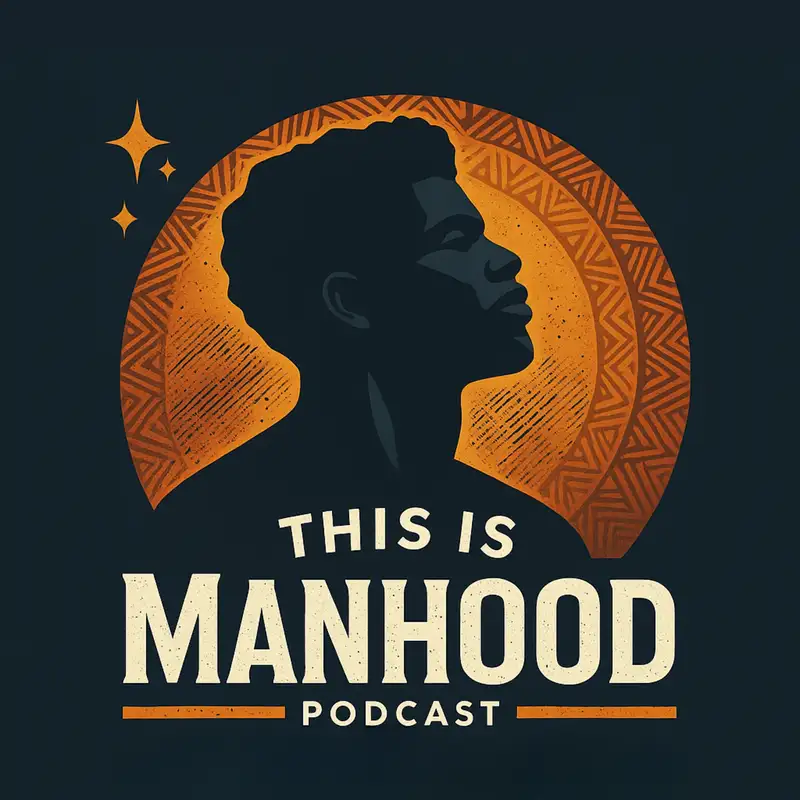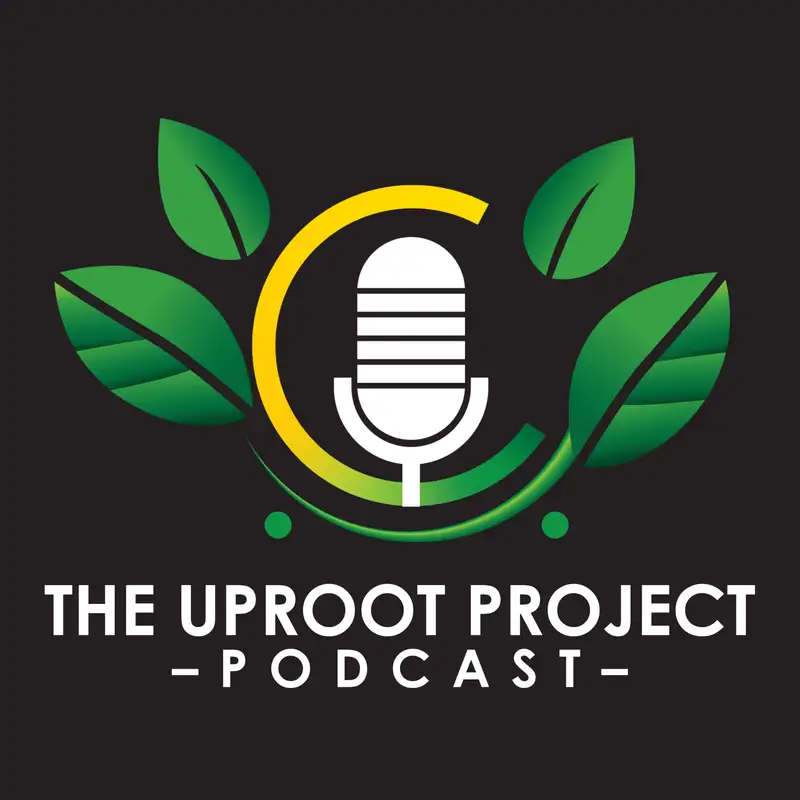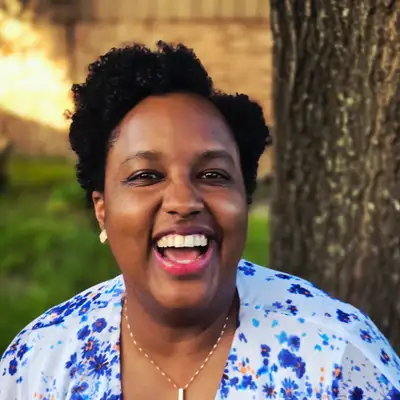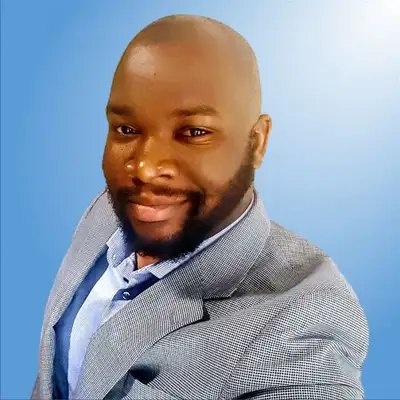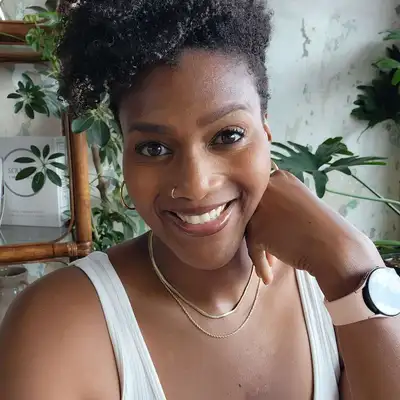In this first part of a two-part conversation, we dive into the complex and often exhausting reality of masking—the ways we suppress, alter, or conceal parts of ourselves to fit into societal norms, workplace expectations, or even family dynamics. From code-switching and performing neurotypical behaviors to minimizing our struggles for the comfort of others, we explore how masking serves as both a survival tactic and a barrier to authentic living.Through personal stories and raw reflections, we unpack the weight of expectation, the exhaustion of performance, and the radical act of unmasking. What does it mean to strip away societal filters and live fully as ourselves? And what is the cost—physically, emotionally, and spiritually—of constantly adapting to be accepted? This episode is an honest and vulnerable deep dive into identity, survival, and self-acceptance.And trust us—this conversation was too big for just one episode. Stay tuned for Part 2, where we continue unpacking the layers of masking and explore what it really means to live unapologetically.Episode Highlights📌 A mindfulness moment: Seeing yourself beyond societal filters and expectations. 📌 What is masking? A deep dive into its many forms—code-switching, suppressing emotions, and hiding neurodivergence. 📌 The intersection of race, gender, and neurodivergence: Why some of us are forced to mask more than others. 📌 Burnout and breakdown: The physical toll of constantly performing for others. 📌 Unmasking at work: The struggle to balance authenticity with professional expectations. 📌 The breaking point: How our bodies force us to stop masking when we won’t do it ourselves. 📌 Finding real comfort: Trading external validation for true self-possession.Notable Quotes & Reflections💬 “What parts of me feel hidden? What masks do I wear to fit in, to feel safe, to be accepted?” – Whitney, during the opening mindfulness moment.💬 “Masking refers to the conscious or unconscious suppression or alteration of one's natural behaviors, emotions, or traits to conform to societal expectations or avoid negative consequences.” – Whitney, defining masking and its broader impact.💬 “I spent a lot of my life being everything for everyone, and then my body shut down. I burned out so hard, I couldn’t get out of bed.” – Whitney, sharing her personal experience with masking and chronic stress.💬 “Code-switching was survival. It wasn’t just about fitting in—it was about staying safe.” – Christian, on the ways Black individuals navigate professional and social spaces.💬 “There is a comfort in masking, but it’s an empty comfort. And I’m learning to trade that for real self-possession.” – Christian, reflecting on her journey toward authenticity.💬 “When we spend our whole lives proving our worth, we never stop to ask: What do I actually want?” – Christopher, on the dangers of tying our identity to external validation.Closing ThoughtsThis is just the beginning! Part 2 is coming soon, where we’ll continue to unpack the layers of masking, self-liberation, and what it means to step fully into our own power.If this episode resonated with you, share it with a friend, leave a review, and follow us for more conversations on dismantling toxic beliefs and embracing authenticity. 💜Music provided by Chillhop Musichttps://chillhop.ffm.to/creatorcred#UprootProjectPodcast #PersonalGrowth #Mindfulness #SpiritualJourney #LoveAndWisdomI love y'all! What can I do to support?Follow on Social Media: Follow us on Instagram, Facebook, and YouTube for more content and updatesSubscribe and Share: Subscribe and share us with friends and family to spread the messageLeave a Review: Leave a review on your favorite podcast platform to help others discover the showEngage with the Community: Join the conversation on social media and share your experiences with any of the topics we coverVisit the Website: Check out our website for more content and to contact us.Email the Hosts: We'd love to hear from you! Send your thoughts, questions, and stories to hello@theuprootpodcast.com.Thanks for listening & keep living fully, learning openly, and loving deeply.
